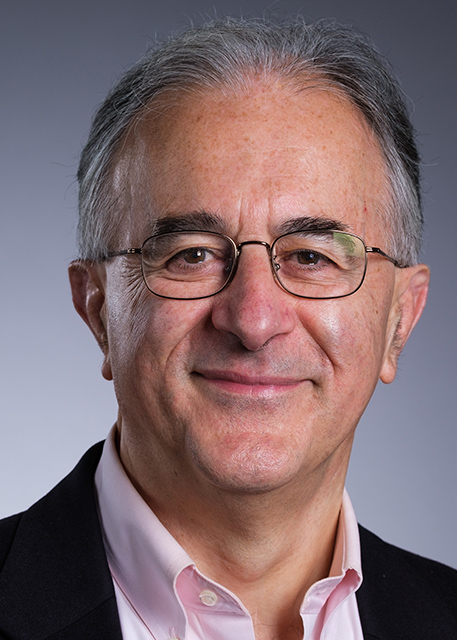Executive Leadership

Alberto Grignolo, PhD
Editor-in-Chief
Global Forum
Fellow of DIA
new sound is in the air as we enter the new decade: the sound of minds being pried open to disruptive change.
When the electric guitar was invented in 1931 to help a quiet instrument sound much louder, there was little expectation that it would revolutionize both recorded music and live performances, and indeed pop culture. Today the electric guitar is ubiquitous, powerful, mesmerizing (and often deafening). The electric guitar has taken music and culture to a new level in many different ways, some good and some not so good.
When Photoshop® was created in 1988, film ruled and had not yet been widely replaced by digital photography. The internet and social media did not exist as we know them now. Today this powerful editing technology can add people and objects to photographs, or it can remove them; it can convert beauty to ugliness, or the sublime to the horrific; it can create “realities” that do not actually exist and spread them to billons around the globe in seconds. Photoshop® has taken the visual arts to a new level in many different ways, some good and some not so good.
When the randomized clinical trial (RCT) was invented, as far back as 1747 and more recently and impactfully in 1946 as an effort to introduce systematic discipline to traditionally “informal” scientific inquiries, there was little expectation that it would transform the way new medicines are created and developed, much less spawn a government-industrial complex that invests hundreds of billions in clinical research for the benefit of patients everywhere. The RCT has taken medicine to a new level in many different ways, some good and some not so good.
The “good” ways are clear: RCT methods and practices have created jobs for hundreds of thousands of people; novel drugs have changed the practice of medicine; pain and suffering have been reduced; and millions of lives have been saved.
The “not so good” ways are now becoming clear: Randomized clinical trials are inefficient, expensive, and inconvenient for participants; they are not consistently inclusive and are at times inadvertently racist and misogynistic; they may be “artificial” and “unrealistic” representations of the real world where patients live and suffer; and/or they may lull patient and doctors into a false sense of security about drug efficacy and safety.
These realizations, and more, are evident in the Top Ten articles and podcasts published in Global Forum in the past year (see following article). Clinical research, technology, regulation, genomic medicine, digital health, the “real world,” and the patient have attracted our readers and listeners the most. The future is exciting, but issues remain.
Help is on the way. The new awareness (by regulators, payers and industry alike) that data and evidence must be collected in the “real world” (RWD/RWE) has taken hold; it will not replace but rather complement our affection for the randomized clinical trial. Access to vast electronic health/medical records (EHR/EMR) will, with support from AI and machine learning, make our understanding of the use of drugs in the “real world” less vague and more pragmatic. Virtual trials will soon increase convenience for clinical trial participants, presumably boosting participation and enrollment in much-needed clinical research. Platform, basket, and umbrella trials will accelerate the process of drug development and speed new medicines to patients.
Like the electric guitar and photo editing, clinical research has evolved and has increased its impact on society dramatically over time. It will continue to do so, disrupting our thinking and our behavior. By the end of the 2020s, we may not even recognize it if we look at it with today’s lens. And that will probably be a good thing for us all.
Rock on.
Send your feedback on this issue to:
Publications@DIAGlobal.org

